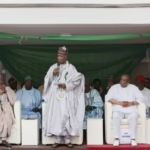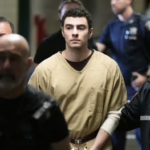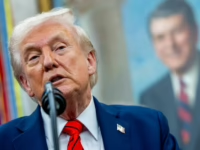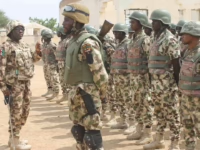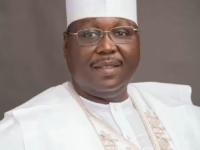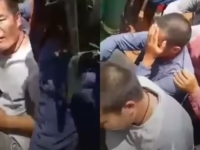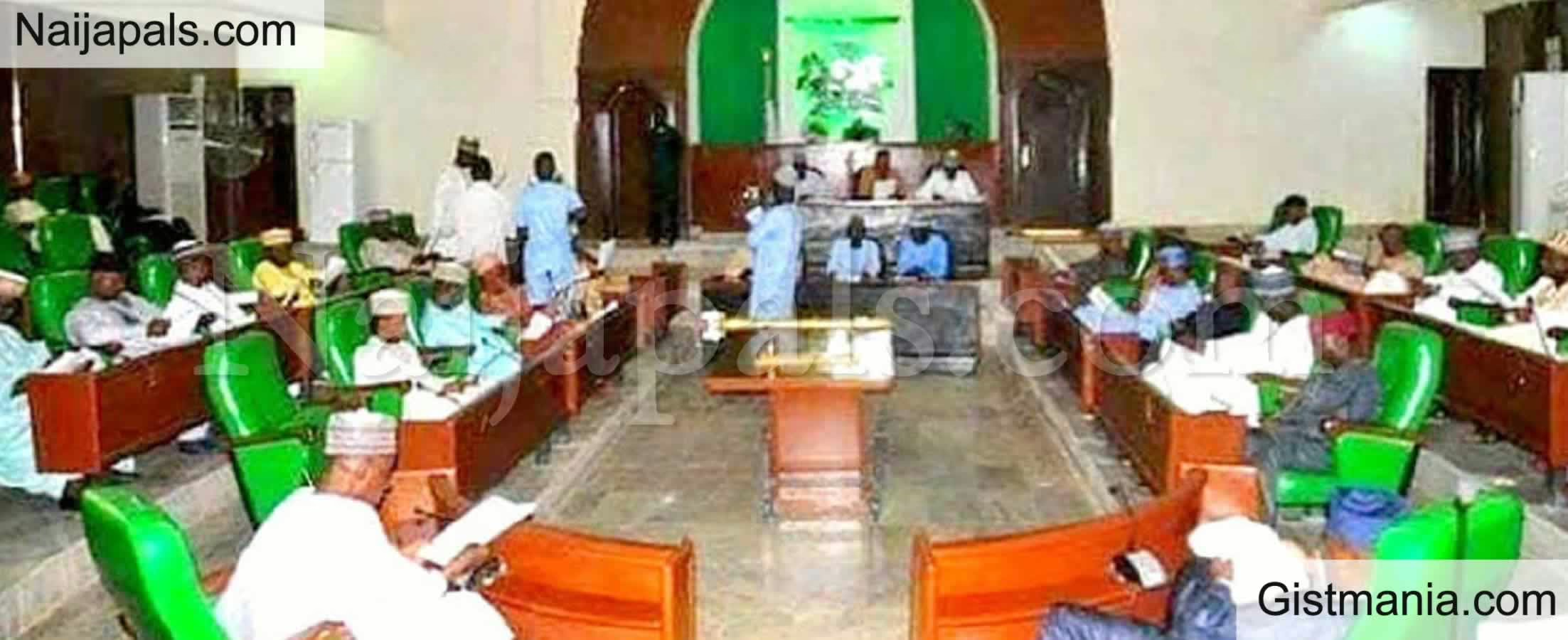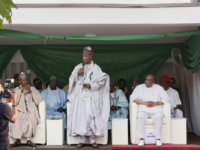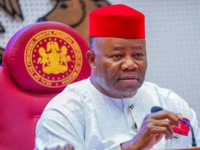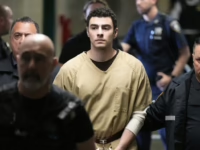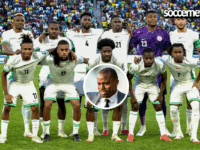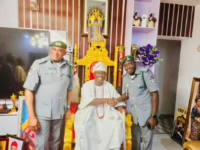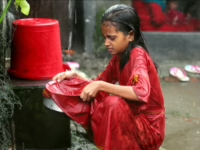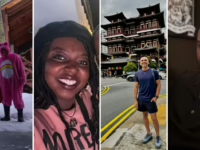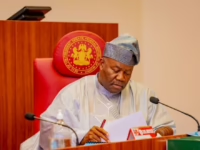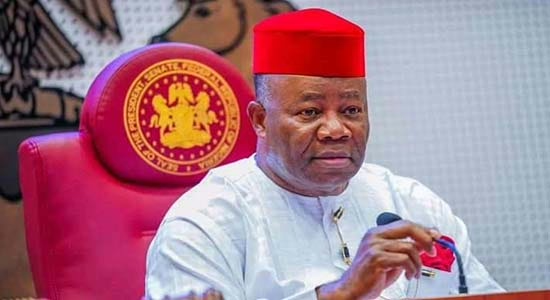The Indigenous People of Biafra (IPOB) has strongly rejected recent statements made by Senate President Godswill Akpabio, labeling them as misleading attempts to shift blame away from the actual sources of terrorism and insecurity in Nigeria.
In response to claims of Christian genocide circulating on Thursday, Akpabio asserted that both Christians and Muslims have suffered from terrorism, while also implicating IPOB in violent incidents in the South-East and other regions.
In a rebuttal released on Friday, IPOB’s spokesperson, Emma Powerful, condemned Akpabio’s remarks as contradictory and accused him of shielding the true architects of violence nationwide.
“Like many seasoned politicians in Abuja, Akpabio is aware of the facts but chooses to remain silent out of fear,” the group stated. “The genuine terrorists are those responsible for the deaths of thousands across the North and Middle Belt, operating under the guise of religious and ethnic conflicts, all while enjoying government protection and political backing.”
IPOB further argued that Akpabio’s position exemplifies a broader political tendency among southern leaders who, driven by fear and political convenience, refrain from challenging northern power structures allegedly connected to militant groups.
RELATED: Tinubu’s appointment of Amupitan as INEC Chair reignites discussions on zoning, fairness, and national unity
“Akpabio’s reluctance is not merely a personal flaw but indicative of a system where truth is perilous and silence is rewarded,” the statement added. “He understands that condemning the terror networks devastating the North could jeopardize his political career. Conversely, targeting IPOB is a safe political move in Abuja, especially since many so-called ‘Igbo representatives’ have long abandoned their people for political favors.”
Reiterating its position, IPOB emphasized that it has never engaged in terrorism, framing its movement as a peaceful pursuit of self-determination.
Powerful highlighted that IPOB’s activities are protected under Article 20 of the African Charter on Human and Peoples’ Rights, incorporated into Nigerian law, as well as Article 1 of the International Covenant on Civil and Political Rights (ICCPR).
“Akpabio and his associates should cease using IPOB as a convenient scapegoat,” he urged. “Nigeria’s crisis persists because those in authority lack the integrity to identify and hold accountable the true terrorists. History will remember IPOB as the voice of truth when others chose silence.”


